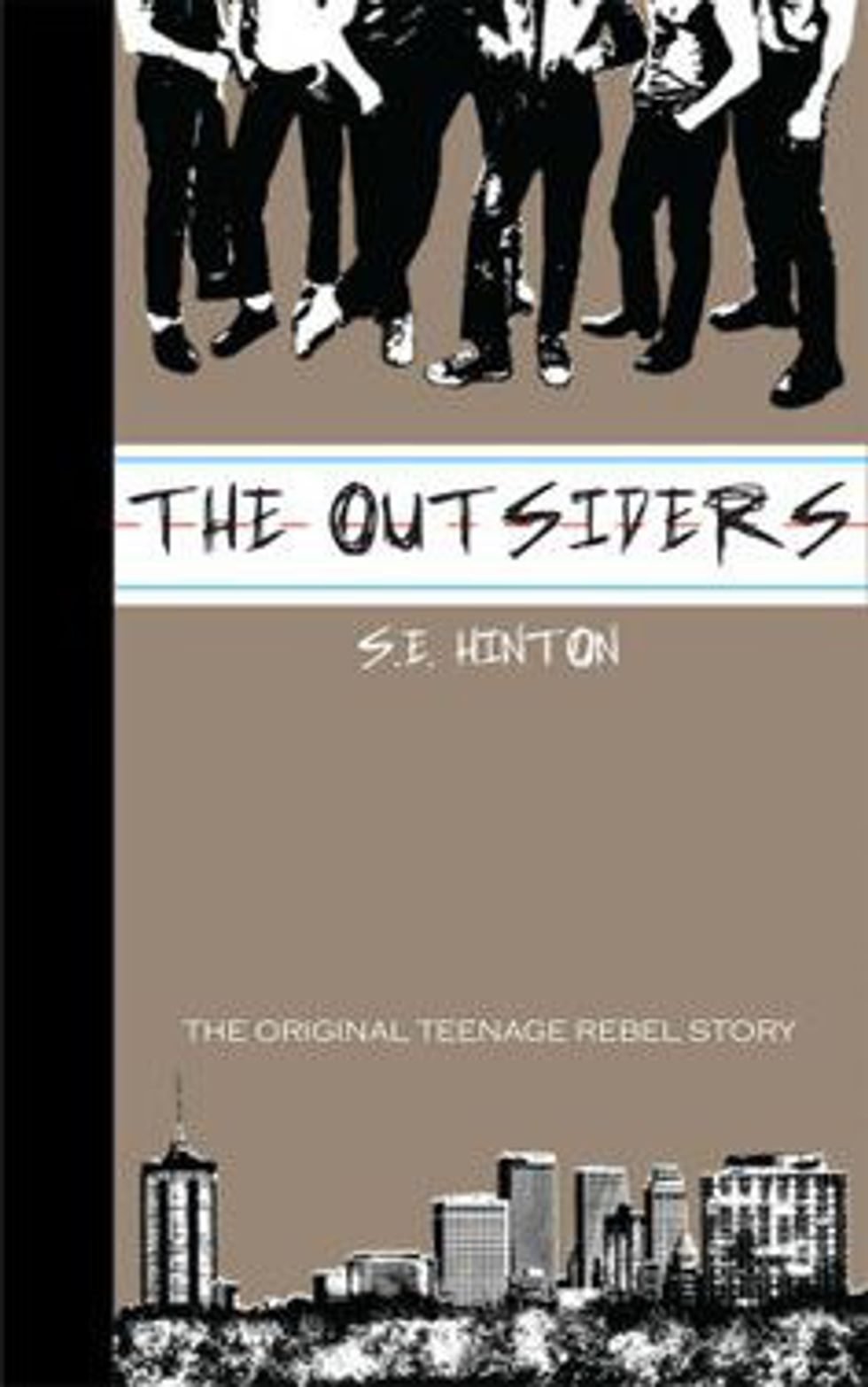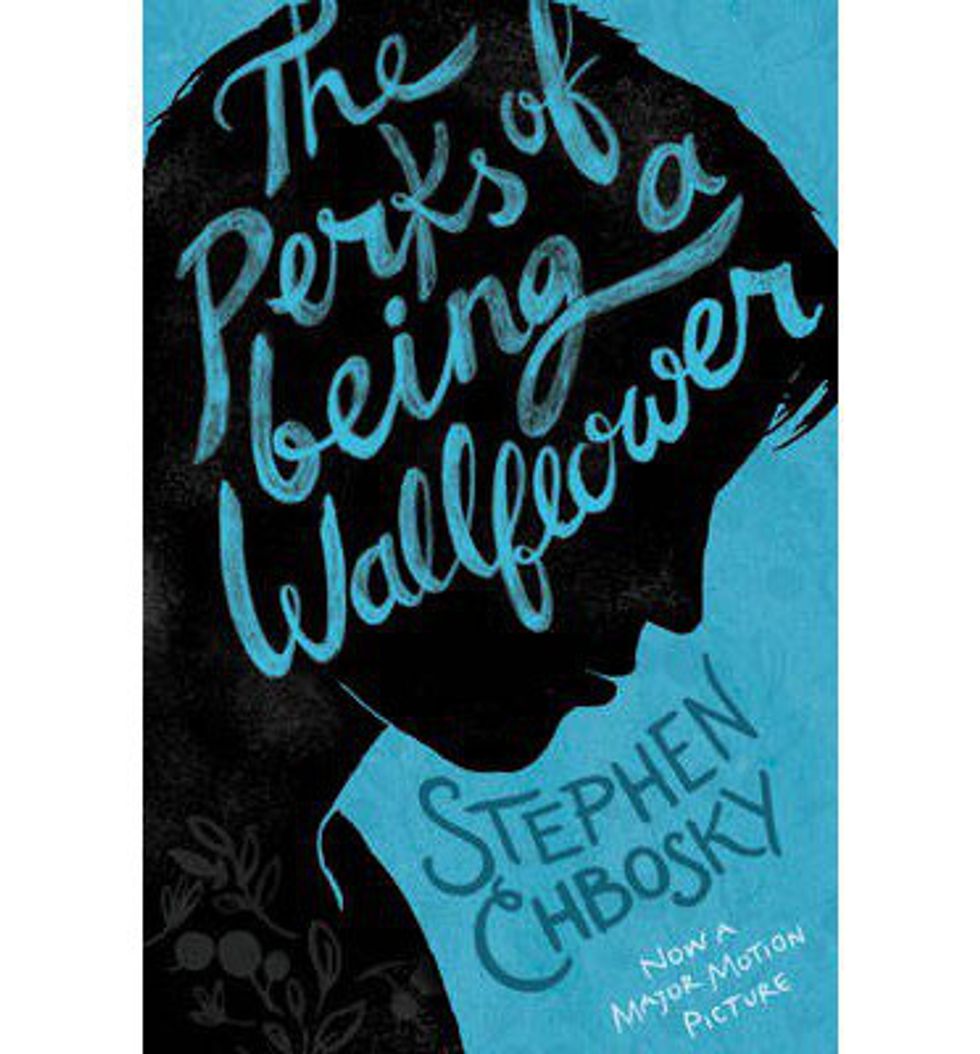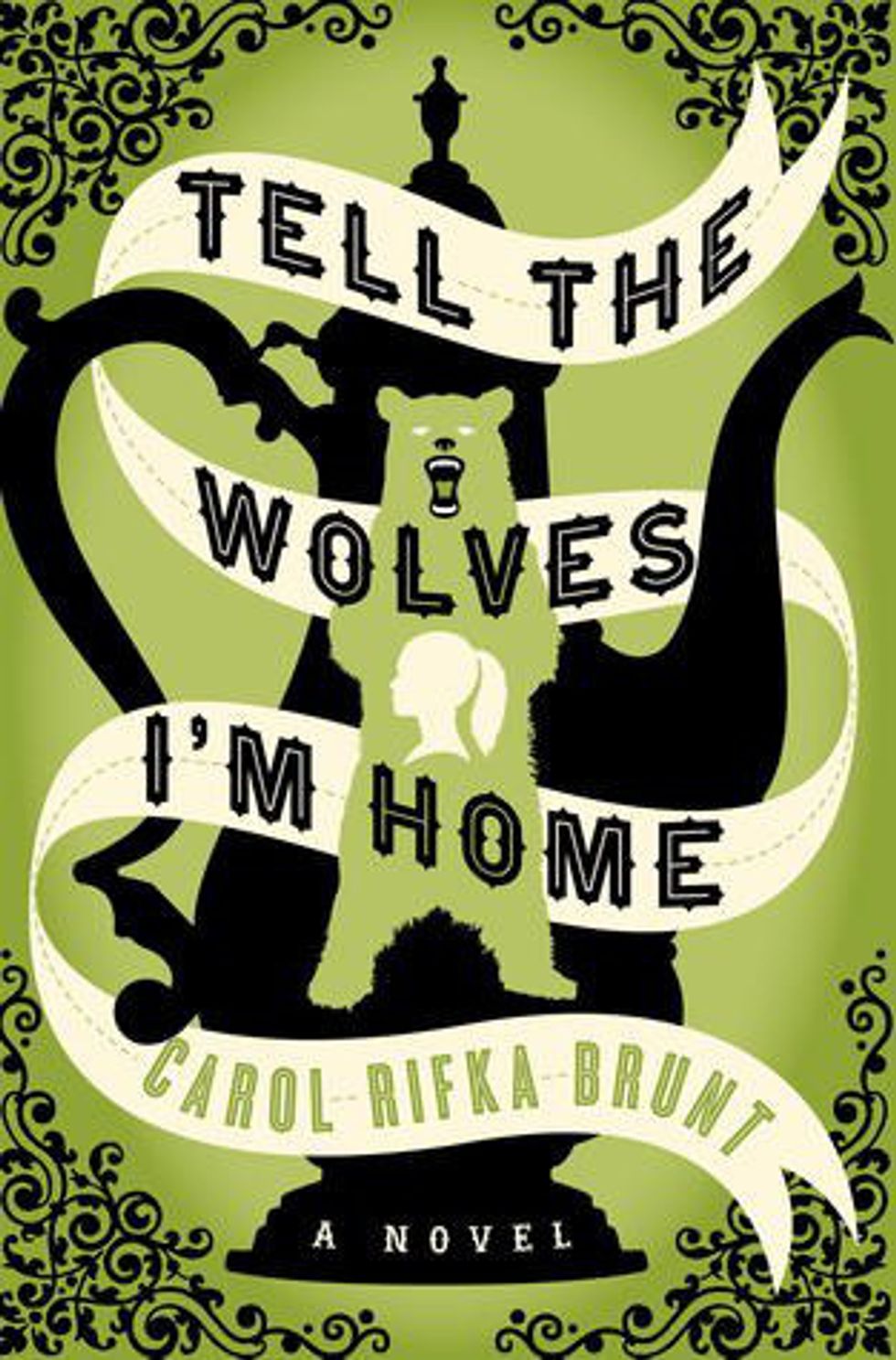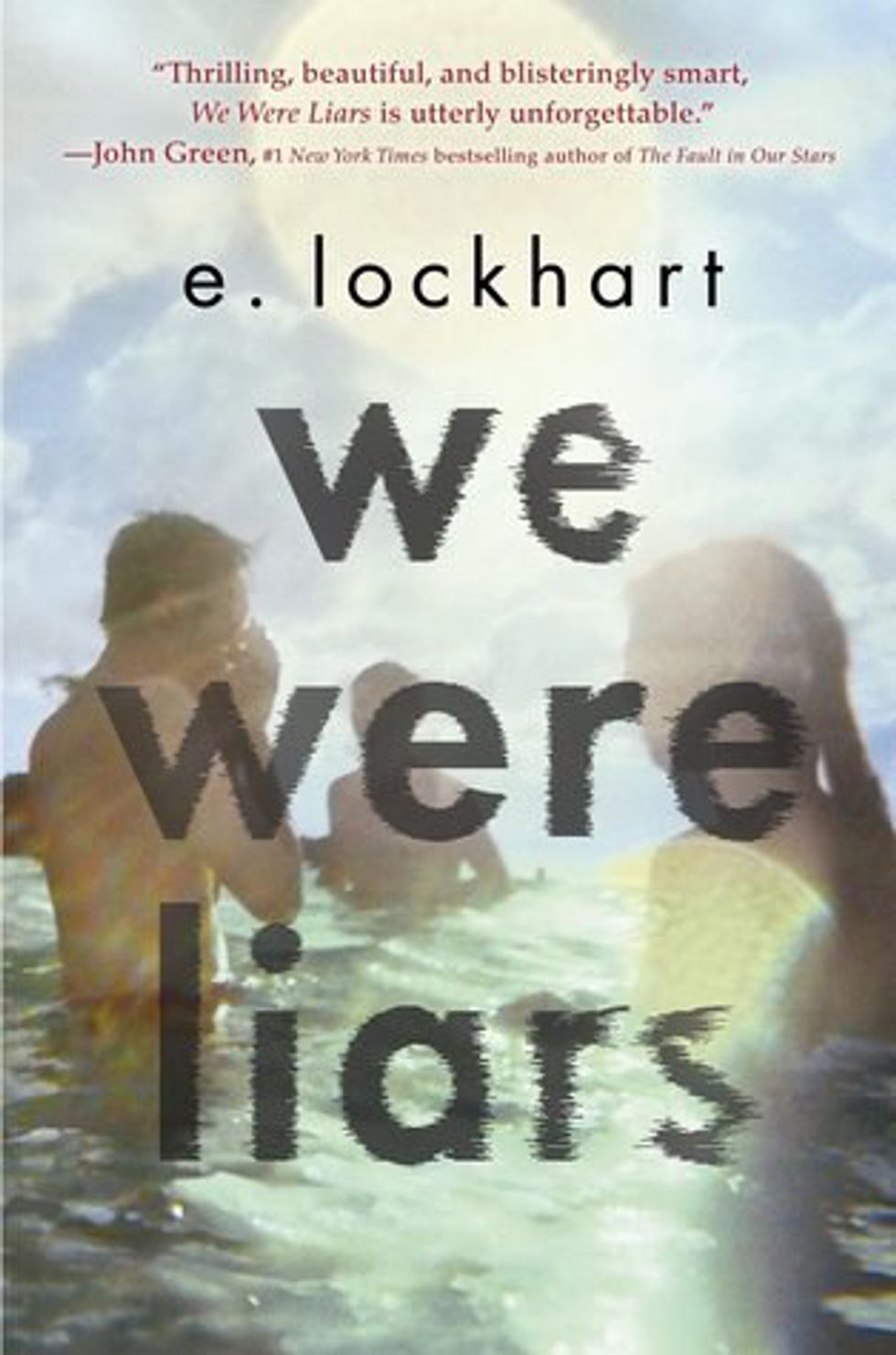No one said coming of age would be easy. But it also doesn’t have to be a drag. Here, we pay homage to those who were thoughtful enough to capture in writing the moments, characters, and events that encapsulate the wonder that is being young.
Assuming that you’ve already read the definitive coming-of-age novel, “To Kill A Mockingbird”, at least 143 times, I won’t bother detailing that one. But if by some miracle you’ve made it this far in life without reading it/writing an essay on it, please do so now because all of the hype still doesn’t do it justice. It’s about as close to literary perfection as anything could possibly be.
1. "The Outsiders" - S. E. Hinton
Two gangs of socioeconomically divided teenagers comprise the ultimate breeding ground for jealousy, resentment, and the need to escape (the kind our young, angsty selves have all identified with at some point). Hinton was in high school when she wrote the story, as is evidenced by the fact that it perfectly captures the essence of the teenage experience. The characters will break and warm your heart within the same page.
Note: This is an exception to the “book is always better than the movie” rule. That’s not to say that the movie (1983) is better, but it might be just as good.
2. "The Perks of Being a Wallflower" - Stephen Chbosky
Charlie is an observer- he isn’t one to seek out adventure. Until he meets Patrick and Sam, who rep for all of the lively, fun-loving people who color our lives and invite us to dance. The richness in this story lies in its reminder that at the end of it all, the coming-of-age experience wouldn’t have been the glorious teenage wasteland that it was without our friends:
"You are alive. And you stand up and see the lights on the buildings and everything that makes you wonder. And you’re listening to that song, and that drive with the people who you love most in this world. And in this moment, I swear, we are infinite.” - Stephen Chbosky, "The Perks of Being a Wallflower"
3. "Tell the Wolves I'm Home" - Carol Rifka Brunt
This book is the ideal companion for anyone whose adolescence brought with it the death of a loved one. The protagonist, 14-year-old June, has recently lost her uncle to AIDS. If dealing with the death of her uncle (with whom she had a special bond… explained later in the book) isn’t enough, she’s also the object of her mother’s constant disapproval and her sister’s envy. Whether your story is similar to June’s or not, you’ll empathize with her relentless compassion and will to survive, despite the tragic hand she’s been dealt.
4. "We Were Liars" - E. Lockhart
Our narrator, Cadence, is introduced to us as broken and disoriented as she reminisces the past summers she spent on her family’s island when all was well with the world, trying desperately to forget what broke her. Like all of us, Cadence is inevitably confronted by her own guilt, and it isn’t until she acknowledges and accepts it that she is able to heal and be at peace with herself. If all this just doesn’t do it for you, know that the plot twist at the end is so unbelievably well-written and satisfying that it’s completely worth reading anyway.
5. "The Catcher in the Rye" - J. D. Salinger
Needs no description. A direct passage will do just fine here:
"Among other things, you'll find that you're not the first person who was ever confused and frightened and even sickened by human behavior. You're by no means alone on that score, you'll be excited and stimulated to know. Many, many men have been just as troubled morally and spiritually as you are right now. Happily, some of them kept records of their troubles. You'll learn from them—if you want to. Just as someday, if you have something to offer, someone will learn something from you. It's a beautiful reciprocal arrangement. And it isn't education. It's history. It's poetry.” - J. D. Salinger, "The Catcher in the Rye"
These stories teach us that growing up isn’t a picnic- it’s more of a rollercoaster- and that’s perfectly okay (if not way better).

























